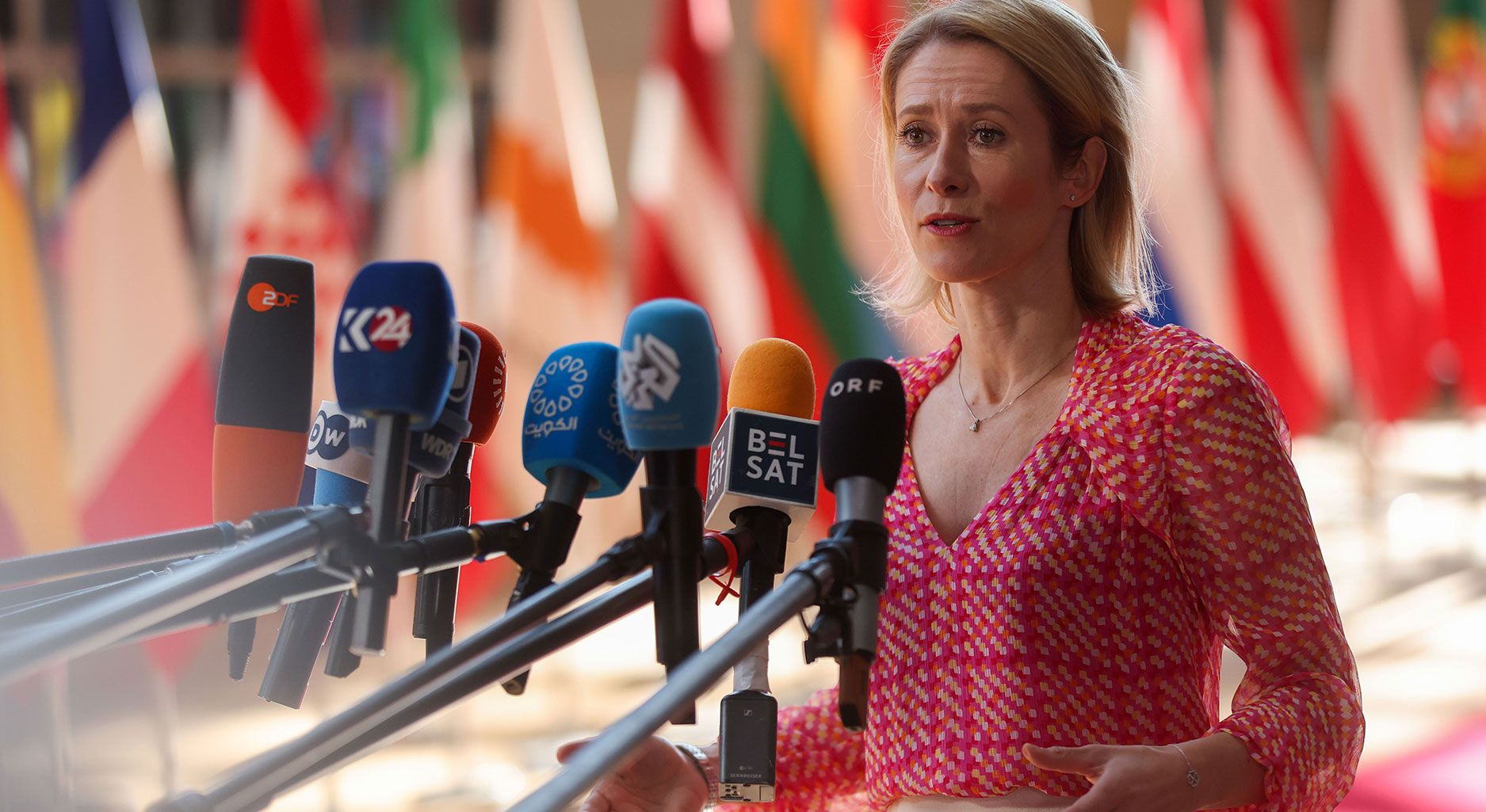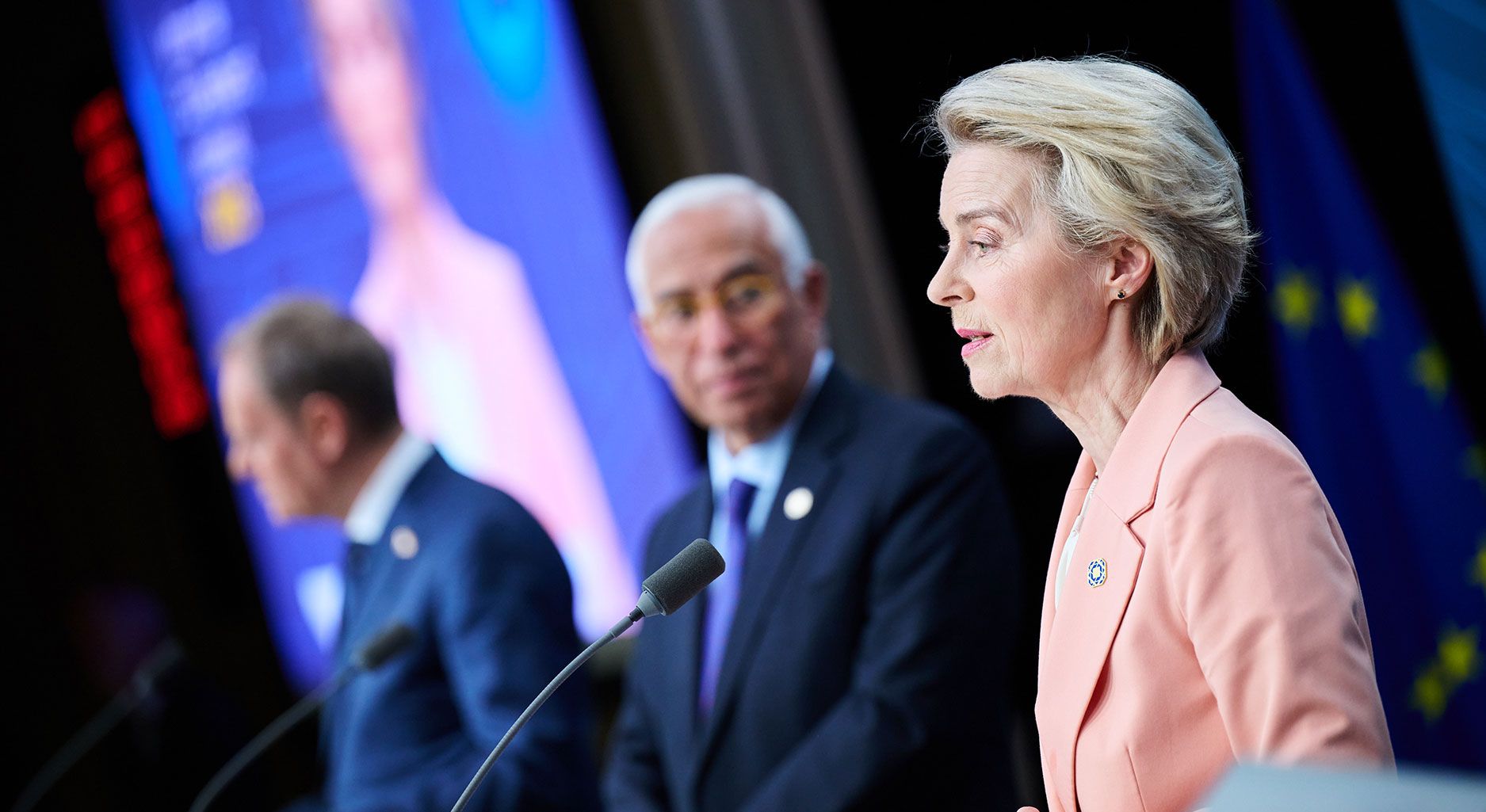Lifting Sanctions, Holding the Line: Shaping EU Credibility in Post-Assad Syria
The world’s major sanctioning countries recently showed political willingness to take a leap of faith towards Syria. On May 20, 2025, the European Union (EU) announced to lift its economic sanctions on Syria. Despite the country’s need for economic recovery, sectoral violence and human rights violations continue, while the post-Assad power vacuum is at risk of being exploited by groups battling for influence. To signal credibility in this uncertain situation, the EU approach towards Syria requires reliable commitments and a nuanced dual-track approach involving both the lifting of economic sanctions and possibly new listings under the EU’s horizontal sanction regimes.

